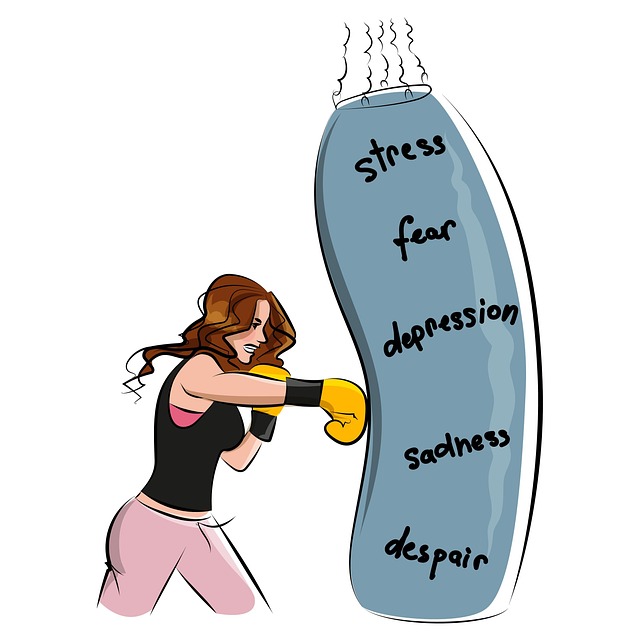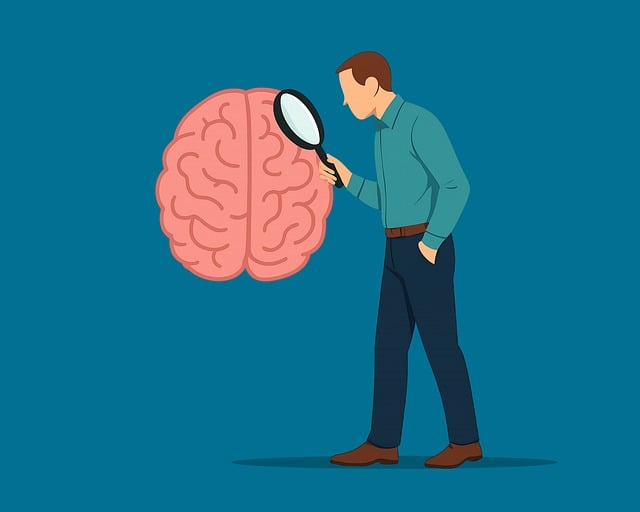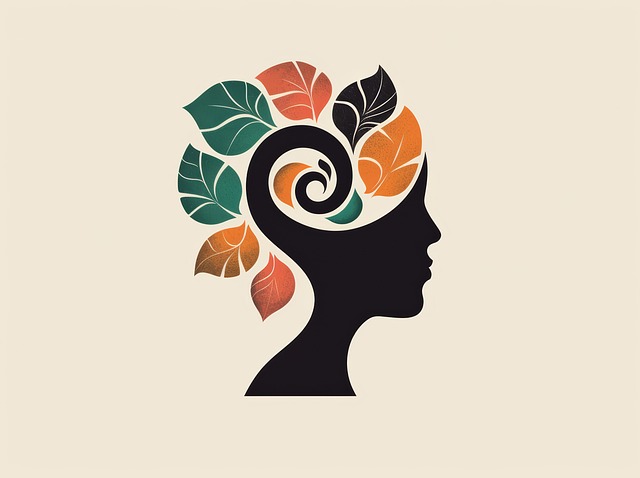Boulder Online Therapy leads the way in revolutionizing mental health care through cultural competency, addressing critical biases and disparities in treatment experienced by racial and ethnic minorities. By prioritizing diverse patient needs, incorporating traditional healing practices, and training therapists to recognize unconscious biases, they offer personalized trauma support tailored to various communities. This innovative approach, powered by digital platforms, enhances access to effective therapy, reduces therapist burnout, and fosters inclusive environments that improve patient outcomes.
“In today’s diverse healthcare landscape, cultural competency is no longer an option but a necessity. This article explores the critical role it plays in enhancing patient care and addressing biases that can hinder treatment. We delve into the impact of cultural stereotypes and present Boulder Online Therapy’s innovative approach to cultural awareness training.
Furthermore, we offer practical strategies for cross-cultural communication, ensuring healthcare providers can navigate complex interactions effectively.”
- Understanding Cultural Competency in Healthcare: A Necessary Framework
- The Impact of Cultural Biases and Stereotypes on Patient Care
- Boulder Online Therapy's Approach to Enhancing Cultural Awareness
- Practical Strategies for Effective Cross-Cultural Communication
Understanding Cultural Competency in Healthcare: A Necessary Framework

Cultural competency in healthcare is a vital framework that enables providers to offer personalized and effective treatment to a diverse range of patients. It involves understanding and appreciating the cultural differences, beliefs, and practices that shape individuals’ health experiences and behaviors. In today’s interconnected world, where patient populations are becoming increasingly varied, this knowledge is essential for fostering trust, improving communication, and enhancing overall healthcare outcomes.
For online therapy platforms like Boulder Online Therapy, integrating cultural competency training into their service offerings can revolutionize mental health care. By equipping therapists with the skills to navigate complex cultural landscapes, these platforms can provide trauma support services tailored to diverse communities, reducing potential barriers to access. Furthermore, public awareness campaigns development centered around cultural competency can educate both patients and providers, ultimately contributing to burnout prevention within the healthcare sector.
The Impact of Cultural Biases and Stereotypes on Patient Care

Cultural biases and stereotypes can significantly impact patient care, often leading to misdiagnoses, inadequate treatment plans, and a lack of trust between patients and healthcare providers. These biases, deeply rooted in societal norms, can cause professionals to unconsciously make assumptions about a patient’s behavior, preferences, or needs based on their race, ethnicity, gender, or cultural background. For instance, a study by the National Institute of Mental Health revealed that racial and ethnic minorities often receive less effective treatment for mental health conditions compared to their Caucasian counterparts. This disparity highlights how cultural competency is essential in healthcare, especially in fields like Boulder online therapy.
In the realm of mental health education programs design, addressing these biases is crucial. Emotional healing processes must consider the diverse needs of patients from various cultural backgrounds. Stress reduction methods, for example, should be adapted to respect and incorporate traditional healing practices whenever possible. By recognizing and challenging stereotypes, healthcare providers can create a more inclusive environment that fosters trust and improves patient outcomes. This is particularly relevant in today’s diverse communities where individuals may seek therapy through platforms like Boulder online therapy, expecting culturally sensitive care.
Boulder Online Therapy's Approach to Enhancing Cultural Awareness

Boulder Online Therapy recognizes the vital role cultural competency plays in providing quality care. Their approach to enhancing cultural awareness focuses on empowering therapists with self-awareness exercises that foster a deep understanding of their own biases and values. By integrating these insights into therapy sessions, Boulder Online Therapy ensures that every client receives personalized support, catering to their unique cultural background and experiences.
Through innovative online platforms, the therapy service delivers not just effective treatment but also promotes burnout prevention. Therapists are equipped with Mind Over Matter principles, enabling them to navigate complex cultural landscapes with empathy and resilience. This holistic training prepares practitioners to connect meaningfully with clients from diverse backgrounds, creating a supportive environment where every individual can heal and grow.
Practical Strategies for Effective Cross-Cultural Communication

Effective cross-cultural communication is a cornerstone of quality healthcare, especially in diverse communities like Boulder Online Therapy’s target market. Mental health professionals must adapt their approach to connect with clients from various cultural backgrounds. A practical strategy is active listening, where therapists give undivided attention, paraphrasing and summarizing client statements to ensure understanding. This simple act demonstrates respect and encourages open dialogue.
Additionally, incorporating empathy-building strategies like mindfulness meditation can enhance the therapeutic relationship. By fostering emotional regulation, therapists create a safe space for clients to express themselves honestly. Incorporating cultural idioms or metaphors into conversations, when appropriate, can also bridge gaps and build rapport. These approaches ensure that Boulder Online Therapy’s services remain sensitive to the unique needs of its diverse client base.
Healthcare provider cultural competency training is no longer a choice, but an essential tool for delivering equitable care. By understanding biases and stereotypes, adopting inclusive practices like those demonstrated by Boulder Online Therapy, and implementing effective cross-cultural communication strategies, healthcare professionals can create environments that foster trust and respect for diverse patient populations. This holistic approach not only enhances patient outcomes but also enriches the therapeutic experience for both provider and client.








